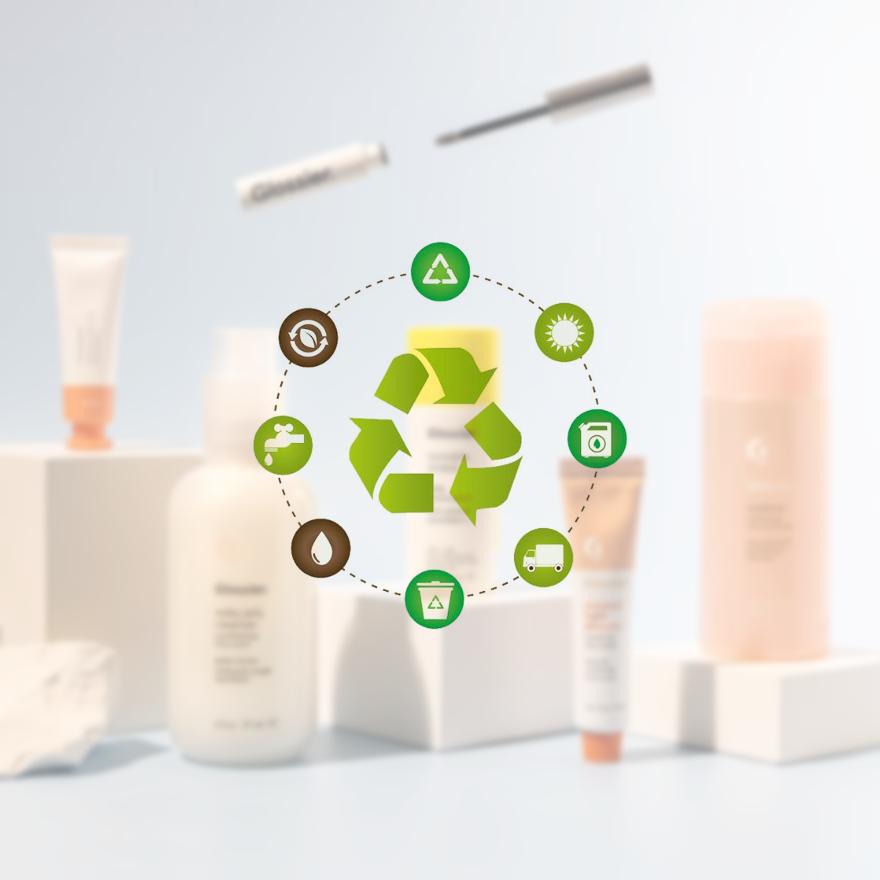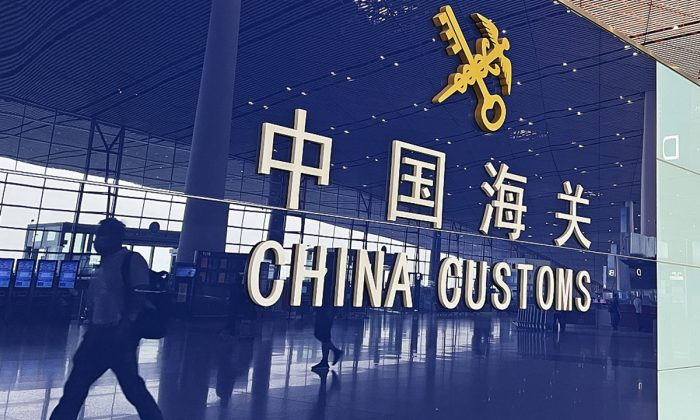Extended Producer Responsibility (EPR) is a regulation that requires companies that manufacture, import, or market products in the European Union to also take responsibility for what happens to those products when they are no longer useful and become waste. This way, instead of placing the entire burden on public administrations or citizens, responsibility is shared between those who put the products on the market and the other involved stakeholders.
In Spain, EPR already affects everything from how products are designed and packaged to whether they can realistically be sold on marketplaces such as Amazon or Shopify.
What is EPR?
EPR shifts part of the waste management burden from public administrations to producers, promoting more sustainable design and encouraging reuse and recycling. This incentivizes companies to reduce the environmental impact of their products from the design phase to end-of-life disposal.
EPR is not a voluntary recommendation. Its origins lie in European directives such as the Waste Framework Directive (2008/98/EC), the Packaging and Packaging Waste Directive, the WEEE Directive on electrical and electronic equipment, or the recent Regulation (EU) 2023/1542 on batteries and accumulators. These are complemented by the Circular Textiles Strategy, which will make a management system for clothing and footwear mandatory starting in 2025. Spain has adapted these requirements through regulations such as Royal Decree 1055/2022 on packaging, Royal Decree 110/2015 on WEEE, and Royal Decree 710/2015 on batteries and accumulators, which outline obligations regarding registration, data reporting, and funding for waste management systems.
What are companies required to do?
For a small or medium-sized business (SME) or an online seller, complying with EPR means taking several specific steps:
- Register in the Producer Registry
- Submit annual declarations about the quantity and type of materials placed on the market
- Finance the collection through collective or individual systems
- Ensure that labeling clearly informs consumers about proper waste disposal
Failure to comply with any of these requirements is not just an administrative oversight, as it may result in financial penalties, product bans on marketplaces, and loss of access to certain distribution channels.
Who is involved in EPR?
- Producers and distributors: Those who place products on the market. They must organize and finance the selective collection and recycling of the resulting waste.
- Public administrations: They supervise, create regulations, and often provide facilities and infrastructure for waste disposal.
- Collective waste management systems: These group multiple producers together to jointly manage collection and treatment, making the process more efficient.
- Consumers: They are responsible for properly separating waste and depositing it in the designated collection points to keep the system running.
- Waste management companies: They are ultimately responsible for collecting, sorting, recycling, or treating the materials to give them a new life.
What is a SCRAP?
Collective Extended Producer Responsibility Systems (SCRAPs) are non-profit organizations responsible for the collection of used packaging and waste electrical and electronic equipment for recovery. Their goal is to maximize material recovery and prevent waste from ending up in landfills.
SCRAP entities manage the financial contributions from companies, are authorized by regional governments, and establish collaboration agreements with municipalities to develop selective collection and waste treatment systems.
There are different SCRAPs for each type of waste. In Spain, the most well-known are:
- Electronic equipment – OfiRaee
- Light bulbs and fluorescent lamps – AMBILAMP
- Lightweight packaging – Ecoembes
- Glass packaging – Ecovidrio
- Medicines – SIGRE
- Tires – SIGNUS
- Batteries and accumulators – Ecopilas
In short, EPR is a collective effort that not only strengthen



